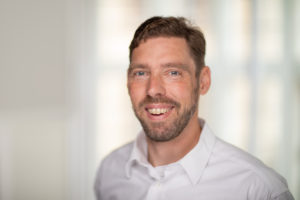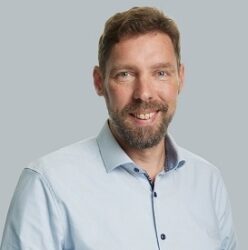Energy and happiness
- Start Tuesday 23 Oct 2018 6:00pm
- Finish Tuesday 23 Oct 2018 7:00pm

Does high consumption make us happier? As much as we like it not to be true, electricity consumption correlates positively with enjoyment. This is a problem for all who wish we used less.
This week we will explore how *valuable* energy is to people, rather than just how costly it is. High resolution data from hundreds of UK households can shine a light on the diversity of electricity uses, the activity patterns underlying them and the enjoyment perceived at the time. Important stuff if demand side response is to deliver on its promise.
If using more makes us happier, what happens when we intervene to reduce demand? Find out – there is a happy twist.
Speaker
Phil Grunewald used to be a ‘proper engineer’ developing laser processing tools for the manufacture of thin film photovoltaic panels. Prior to this he was part of a small team developing the world’s first commercial Extreme UltraViolet (EUV) micro stepper for Intel (these tools are early prototypes for future production tools as required to meet the ambitious roadmaps in the semiconductor industry).
However, since becoming involved with energy research, Phil had to realise that technical innovation is only a small part of the picture. During his MSc at Imperial College he adopted techno-economic modelling to explore future commercial drivers for disruptive new technologies, such as solar hydrogen. In his PhD he broadened this approach further, to include stakeholder perceptions and transition theory. This helped to expose some of the challenges we face in introducing new concepts to markets and institutions which have evolved over many decades around established technologies of electricity generation and delivery. The example in his thesis was electricity storage. Very similar issues arise for demand response, which he is exploring now.
Phil’s complete lack of disciplinarily is supported by his degree in Business-Engineering from Wedel (Germany), an MSc in Sustainable Energy Futures from Imperial College and an interdisciplinary scholarship for his PhD from the UK Energy Research Centre.
Future events
Associated people


